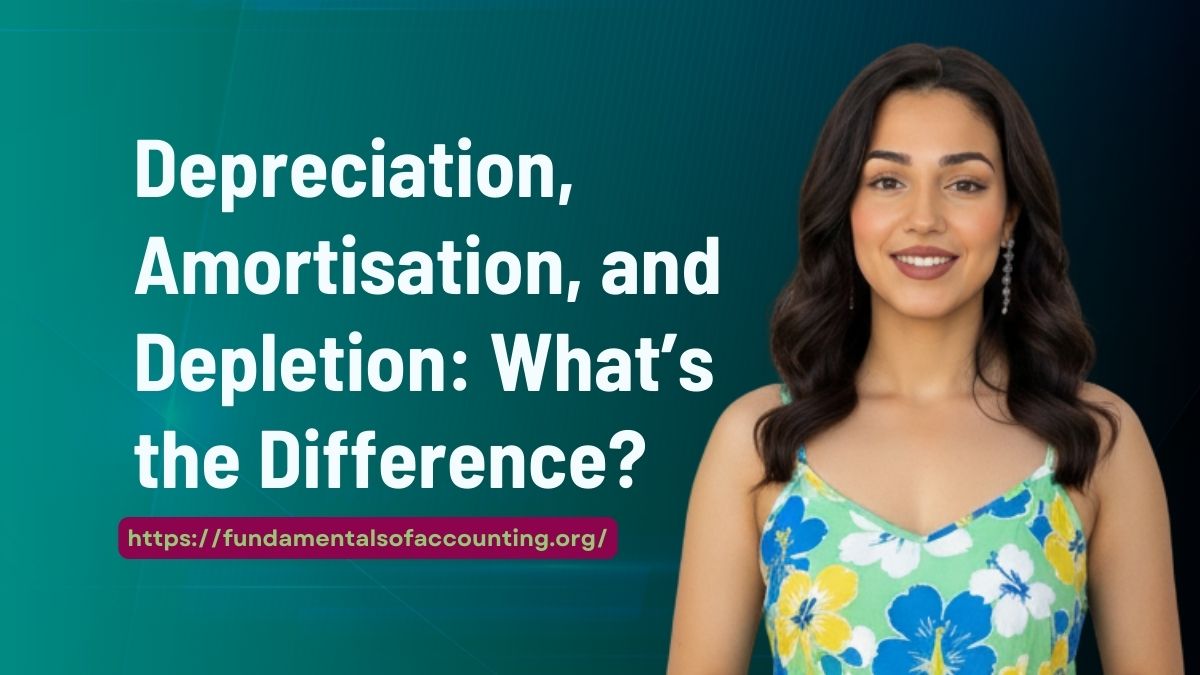What is zero-based budgeting? Meaning and Explanation
Zero-based budgeting, or ZBB, is a strategic approach to financial planning that expects each expense to be justified starting from zero.
Unlike the traditional method of budgeting where adjustments are made incrementally on previous budgets, in ZBB each budgeting cycle develops a new financial baseline. Such methodology ensures resource allocation according to requirement and prioritization with organizational or personal goals in view, thus its power in cost management and value creation.
You might think that Zero-Based Budgeting is more appropriate for organisations with a larger budget than organisations with a smaller budget. That is not the case. ZBB is the best budgeting method to use for both types of organisations. It is the method that allows you to plan and budget more effectively.
The Principles of Zero-Based Budgeting
At its core, ZBB has two underlying principles: cost justification and goal alignment. All expenses, small and large alike, must be justified as if they were new costs. This way, a number of the inefficiencies that constitute traditional budgeting are avoided, where allocations tend to be made on the basis of prior spending. ZBB also focuses on the alignment of cost with specific objectives, ensuring that money is spent on activities that can prove measurable value.
These principles make ZBB uniquely appealing in the case of cost control scenarios, such as economic downturns, organisational restructuring, or strategic pivots. ZBB appeals to organisations and individuals through rigorous scrutiny of expenses to understand and drastically think about their priorities.
Advantages of Zero-Based Budgeting
One of the most important benefits of ZBB is its orientation toward discovering and removing inefficiency. Through justification of all expenses, organizations can identify unnecessary costs, redundant process streams, or unfruitful initiatives. This will lead to more efficient resource utilization and a better discipline in the use of finances.
ZBB also fosters an accountability culture. Because managers have to justify in detail the budgets forwarded, this helps develop a sense of accountability and openness. It improves cost control in addition to aligning expenditure with strategy.
ZBB could result in huge savings for business especially when the margin is narrow or the sector very inefficient. For individuals, the adoption of ZBB in personal finance ensures that the individual saves much and spends only where it lines up with his long-term financial goals.
Challenges and Limitations of Zero-Based Budgeting
Despite all the benefits it offers, ZBB is not without its challenges. Among all the potential drawbacks, one of the limitations most often cited is the time and effort required for implementation. Starting from zero every budgeting cycle is resource-intensive, especially for large organizations with complex operations.
Implementing ZBB also brings cultural change within organizations. Traditional budgeting proponents-the employees and their managers resist the close examination and accountability that ZBB requires. Training and change management are often required to overcome such resistance.
On a cost-justification basis, ZBB sometimes leads to short-term thinking. Organizations may deprive initiatives that take time to yield returns-for example, some research and development or even employee training initiatives of sufficient funds in order to save money.
Applications of Zero-Based Budgeting
ZBB can be applied to various industries. In the private sector, it is often applied in mergers and acquisitions, organisational restructuring, or when companies want to become more profitable. In the public and non-profit sectors, ZBB is used to ensure that taxpayer funds or donations are spent judiciously.
ZBB can, however, be a fantastic tool in achieving the personal finance objective set. For instance, in saving to buy a house or the debt settlement process; people can remove unnecessary wasteful spending and optimize their resources by weighing every expense against its necessity and value.
Conclusion
Zero-based budgeting is a transformational approach to financial planning. It allows for disciplined and objective-oriented allocation of resources. Though its implementation may be challenging, improved cost control, accountability, and alignment to the objectives make it a very valuable tool for organizations and individuals. Starting from zero and monitoring each expenditure, ZBB offers an easy way to increase financial efficiency and sustainability.


